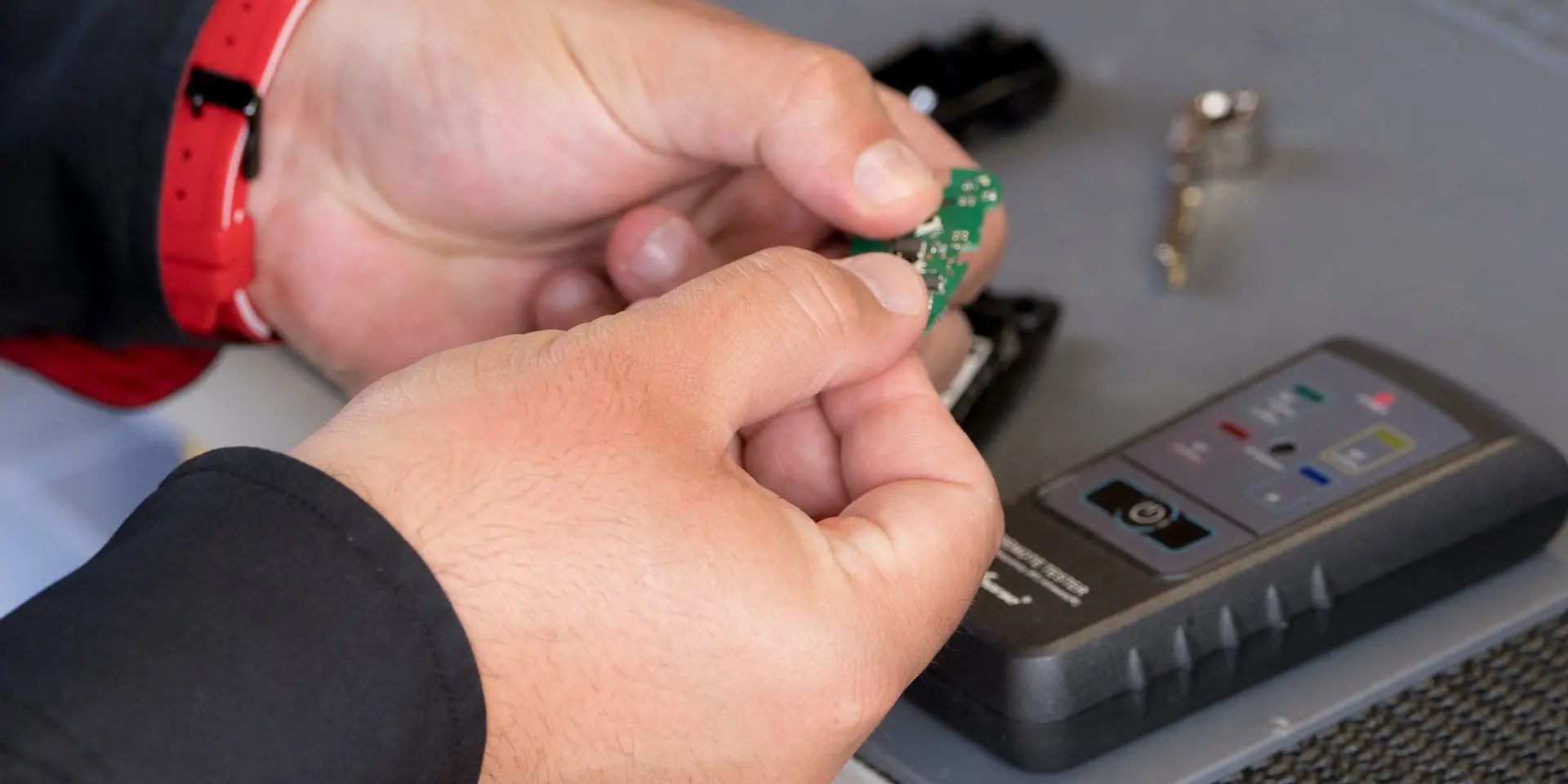
Immobilizer Key Repair
Add a review FollowOverview
-
Founded Date Juni 25, 1971
-
Sectors Forester
-
Posted Jobs 0
-
Viewed 29
Company Description
What’s The Current Job Market For Vehicle Lock Repairs Professionals Like?
Vehicle Lock Repairs: Ensuring Safety and Security
In a world where vehicle theft and break-ins are widespread, guaranteeing that a vehicle’s locking system is operating efficiently is essential for both safety and security. Vehicle lock repairs include a series of repairs and upkeep procedures that deal with problems associated to locks and ignition systems. This post offers a summary of the types of vehicle lock concerns, signs of breakdown, repair options, and preventative procedures while likewise responding to some often asked concerns.
Understanding Vehicle Lock Mechanisms
Vehicle locks employ different mechanisms that vary amongst makes and designs. The main elements of a vehicle lock system generally include:
- Key Cylinder: The part where the key is placed.
- Locking Bolt: Engages and protects the door when locked.
- Lock Assembly: Holds the door closed however can be disengaged when opening.
- Ignition Lock: Secures the ignition system of the vehicle.
Each of these components can be susceptible to use and tear or unanticipated failure, resulting in lock-related concerns.
| Part | Description | Typical Issues |
|---|---|---|
| Key Cylinder | Accepts the key to operate the lock | Key jams, difficulty turning the key |
| Locking Bolt | Mechanism that protects the door when locked | Bolt misalignment, stuck bolt |
| Lock Assembly | Engages and disengages to protect the door | Broken lock, improper function |
| Ignition Lock | Secures the ignition to begin the vehicle | Key will not turn, ignition failure |
Signs of Lock Malfunction
Vehicle owners need to be alert for signs that their lock systems might be stopping working. Some common indications of lock problems include:
- Difficulty Inserting Key: If the key does not easily suit the cylinder, there may be debris inside or wear taking place within the cylinder.
- Stuck Key: A key that gets stuck while turning can show internal damage or misalignment.
- Locked Door Will Not Unlock: If a door declines to unlock, it could be due to a malfunctioning locking bolt or lock.
- Uncommon Noises: Grinding or clicking noises while attempting to lock or unlock the door can indicate structural problems in the locking system.
- Faulty Remote: If the key fob is not reacting, the issue may lie not just with the fob’s battery but might also point towards issues in the lock receiver in the vehicle.
Repairing Vehicle Locks
Dealing with a vehicle lock problem can be intricate, and while some repairs can be dealt with in your home, others may require professional support.
Do it yourself Repairs
Some small lock concerns can be fixed without the help of a mechanic. Here are a few examples:
- Lubrication: Regularly use a silicone-based lube to key cylinders and locks to prevent sticking.
- Clean the Key: Dirt on the key can cause jamming in the key cylinder. Tidy keys with rubbing alcohol to eliminate dirt or residue.
- Examine the Battery in the Remote: For remote key fobs, validate that the battery is practical by evaluating it with another vehicle or having it changed.
Professional Repairs
For more substantial issues, professional repairs may be necessary. Common professional services include:
- Key Replacement: If the key is lost or damaged, a locksmith can produce a new key or rekey the lock.
- Reprogramming Key Fobs: Sometimes the remote needs to be reprogrammed to sync with the vehicle’s receiver.
- Comprehensive Lock Replacement: In serious cases, entire locking mechanisms may need replacement due to harm or wear.
Preventative Measures
To extend the lifespan of vehicle locks and prevent problems, think about the following preventative procedures:
- Regular Maintenance: Periodic evaluation and lubrication of locks can avoid future malfunctions.
- Prevent Excessive Force: Handling keys and doors gently can lower endure locking mechanisms.
- Right Away Address Issues: If problems emerge, resolving them without delay can avoid additional damage and more expensive repairs.
Regularly Asked Questions
Q: How do I understand if my vehicle lock requires repair?A: Look for signs such as trouble inserting the key, weird sounds, or the door failing to lock or unlock. Q: Can I repair a stuck lock myself?A: Simple issues such as lubrication may
be dealt with in your home; nevertheless, intricate problems generally require specialists. Q: How much does it cost to repair a vehicle lock?A: Costs can differ widely based upon the problem and vehicle type. Standard repairs may begin around ₤ 50, whereas lock replacements can cost a number of hundred dollars. Q: What must I do if I lose my car key?A: Contact a locksmith or your dealership for a replacement key. They might need your vehicle identification number (VIN )to produce a new key. Q: Are aftermarket keys as dependable as original keys?A: Aftermarket keys can be less reliable than OEM keys, as they might not comply with the exact same specifications and quality requirements.
Keeping the stability of a vehicle’s lock system is
crucial for general security and safety. By acknowledging the indications of a breakdown, carrying out appropriate repairs, and carrying out preventative procedures, vehicle owners can prevent the trouble and potential threats associated with lock issues. Making sure that locks operate appropriately improves not just the vehicle’s safety but likewise the comfort of its owner.
